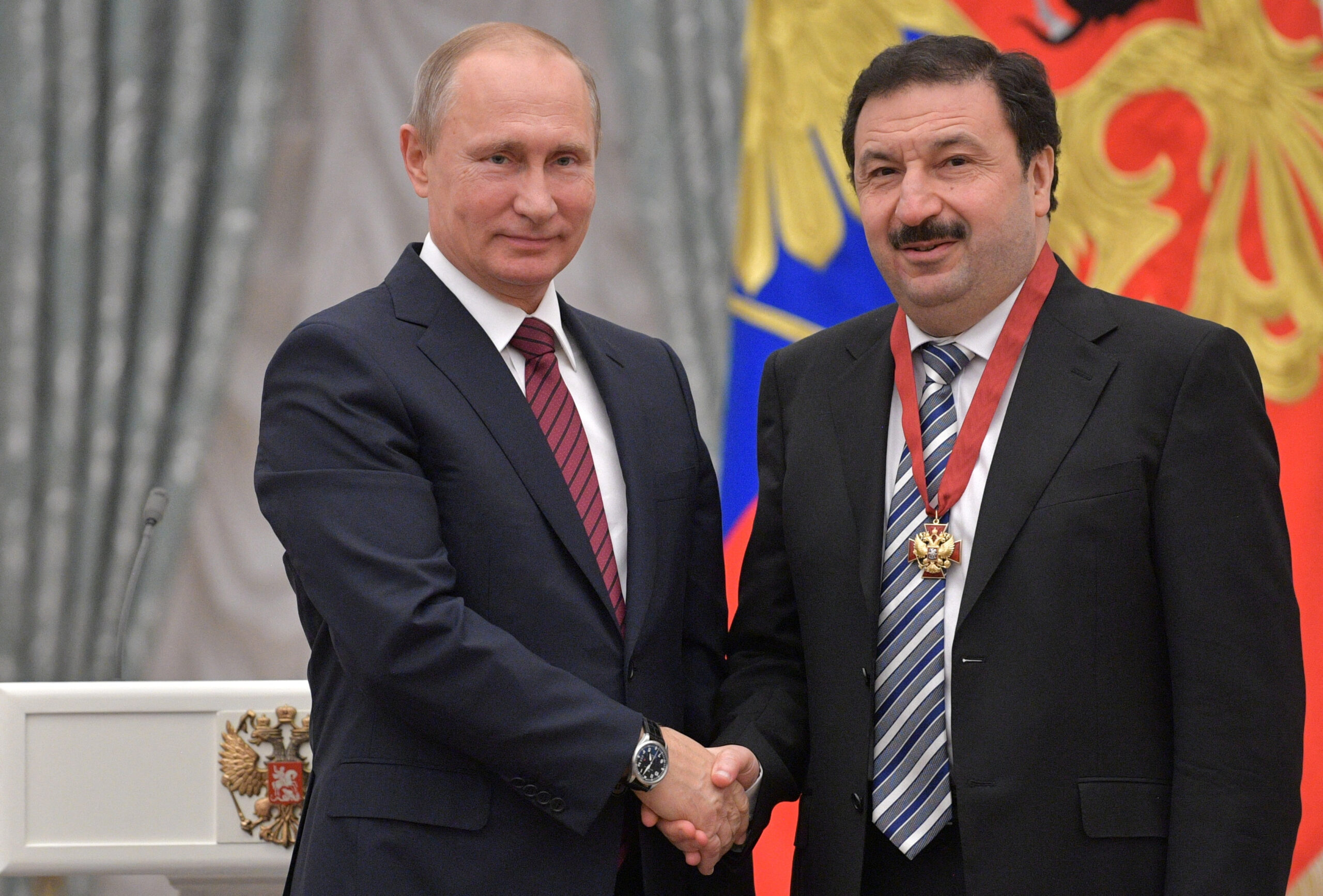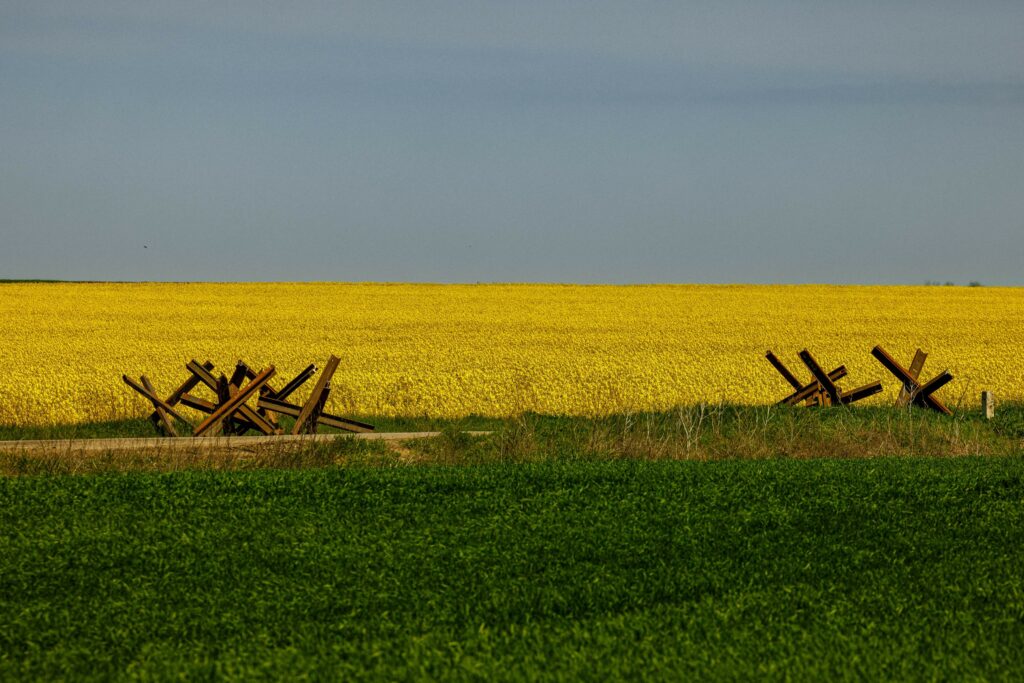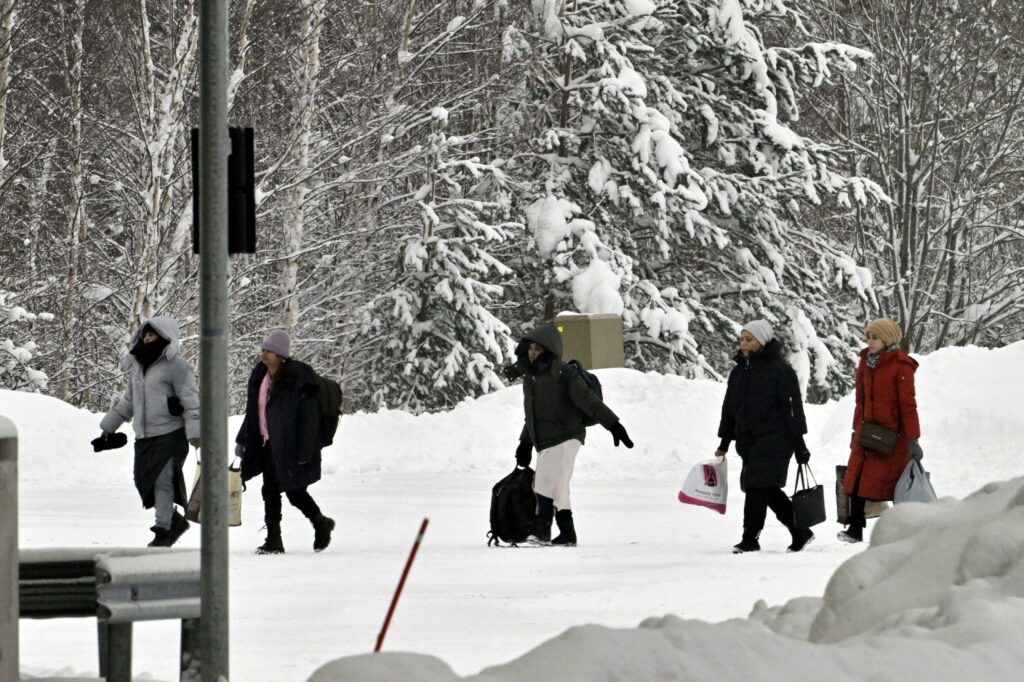The detention of Vladimir Mau, the Rector of the Russian Presidential Academy of National Economy and Public Administration (RANEPA), in late June 2022 was a major event in Russian domestic politics. Most commentaries focused on Mau’s role as a renowned economic historian, Yegor Gaidar’s associate during the reforms of the 1990s, and a key figure in designing the government’s social and economic development programmes in the 2000s-2010s. But it was no less significant that for almost 12 years Mau had headed the largest higher education institution in Russia, with over 180,000 students and a regional network of institutes and branches throughout the country. The head of RANEPA, who had undertaken considerable efforts to reform the academy, was accused of abuse of power. Therefore, the ‘Mau case’ is significant not only in itself but also as an example of failed transformations in the public governance system in Russia.
How can one improve the quality of state governance in the context of bad governance when rent-seeking is the main goal and the essence of the activities of the state apparatus at all levels? Since the mid-2000s, the prevailing view among experts in Russia has been that there was a need to cultivate more efficient institutions and organisations, which could coexist alongside the usual routine mechanisms of governance. These pockets of efficiency could act as development priorities thanks to the political patronage of the leadership. And then, through the gradual dissemination of best practices, these effective new institutions were to replace ineffective ones, thereby limiting rent-seeking over time. This approach, however, was highly questionable; rather, the opposite happens against the backdrop of bad governance: ineffective institutions and organisations displace effective ones, as political patronage is unstable and incentives to disseminate best practices among those accustomed to rent-seeking prove insufficient in the absence of organisational and personnel changes. The case of RANEPA under Mau illustrates the illusory nature of this conviction: effective institutions are eventually trampled instead of cultivated.
RANEPA in its present form can serve as a clear example of the parallel existence of two different types of institutions. On the one hand, RANEPA’s predecessor was the elite Academy of National Economy under the Government established in the 1970s as a reputable centre for training and professional development of top administrative staff, a kind of Soviet equivalent of business schools. Mau had served as rector of the Academy of National Economy since 2002. On the other hand, RANEPA’s regional network of institutes and branches grew out of the system of Higher Party Schools under the Communist Party of the Soviet Union, which, along with other party educational institutions, were transformed into the Russian Academy of Public Administration after 1991. The reputation of the Russian Academy of Public Administration and its numerous regional divisions was more than controversial, and not surprisingly, according to Dissernet they were among the leaders in terms of the number of plagiarised dissertations defended and in terms of academic fraud in the country. These two institutions merged and became RANEPA in 2010. Under Mau’s leadership, Russia’s largest university demonstrated the parallel existence of two trends.
After he became the head of RANEPA, Mau (who received his PhD in France) announced that he would transform the new academy into a Russian analogue of Sciences Po — the French network of elite centres for the training of state managerial staff, founded in the late 1940s. Sciences Po, based in Paris, can boast of a tradition of well-developed academic and practical components (it is one of the leading elite universities in the country, where all French presidents starting with Mitterrand studied). To this end, Mau had in fact pursued a strategy of cultivating various new institutions, which demonstrated their marked effectiveness. This is true of both educational programmes (such as the multidisciplinary Liberal Arts bachelor’s degree programme) and research centres (primarily, the Gaidar Institute for Economic Policy, where Mau himself used to work). RANEPA also conducts publishing activities (RANEPA’s Delo publishing house and the Gaidar Institute publishing house produced excellent academic publications in Russia). The Gaidar Forum has been one of the most notable platforms in Russia where regular public debates of key issues in Russia and of the policy discussions with the participation of the country’s establishment, take place. Under Mau’s leadership, considerable effort and resources were invested in the development of these pockets of efficiency within the academy. At the same time, according to Mau’s plan, ineffective subdivisions of RANEPA that did not demonstrate strong academic and educational performance were to gradually die out, giving way to promoters of best practices. In fact, such subdivisions (especially outside Moscow) prevailed in the academy, and they had no intention whatsoever of dying out. As a result, along with pockets of efficiency, rent-seeking practices survived within RANEPA. These practices were by no means limited to Dissernet’s clientele.
The coexistence of these trends continued, and the dissemination of best practices was very limited. The majority of RANEPA departments, especially those outside Moscow, had little incentive for internal restructuring, and the new institutes cultivated thanks to the efforts of Mau and of a number of enthusiasts under his auspices remained alien elements in the RANEPA empire. The situation resembles that of a lonely outstanding A student who honestly performs all her assignments, gaining straight As, but she attends a close-knit school where cheating is ubiquitous and influential parents negotiate the grades of their underperforming children. Of course, Mau was aware of the numerous issues at the university he headed, but he was unable (and not very willing) to solve them: the thorough restructuring of RANEPA required large-scale organisational and personnel changes at all levels, while the formal and informal rules of the game both in Russian higher education and in the country as a whole were becoming increasingly unfavourable for the cultivation of effective institutions.
As Mau’s top-level political influence waned, the opportunities for patronage for the pockets of efficiency he nurtured shrank like magic skin. Meanwhile, rent-seeking practices within RANEPA continued to flourish, acting as the academy’s weak link in the eyes of both Mau’s political opponents and the wider public. Criminal charges of under-the-table payments against Igor Bartsits, Director of the Institute of Public Administration and Civil Service at RANEPA, and accusations of embezzlement at the academy’s regional branches might also be well founded. Thus, the attacks on the Liberal Arts programme (caused mainly by the fact that its name was unacceptable to opponents of reforms) and other RANEPA projects under Mau’s auspices — above all, the Moscow School of Social and Economic Sciences (aka Shaninka) — received additional legitimisation. It is not so important which motives were primary and which were secondary in this case: the desire to redistribute rents or to punish politically disloyal supporters of academic freedom and reforms in higher education. In the end, the outcome was as expected: after the failure of political patronage, Mau ended up under house arrest, and the effective institutions that had been painstakingly cultivated with his support over the years are likely to be trampled upon.
Perhaps the main lesson from the ‘Mau case’ – both for Russian higher education and for state governance in general — should be to abandon the belief that it is possible to improve the quality of institutions bottom-up under the auspices of high-ranking supporters of reforms. Attempts of this kind can at best lead to partial and temporary improvements, but they cannot fundamentally change the situation even in a given higher education institution, let alone in the country as a whole. Where bad governance is the norm and good governance is the exception, there is simply no room for evolutionary changes. This means that we cannot expect the quality of institutions in Russia to improve in the foreseeable future.









